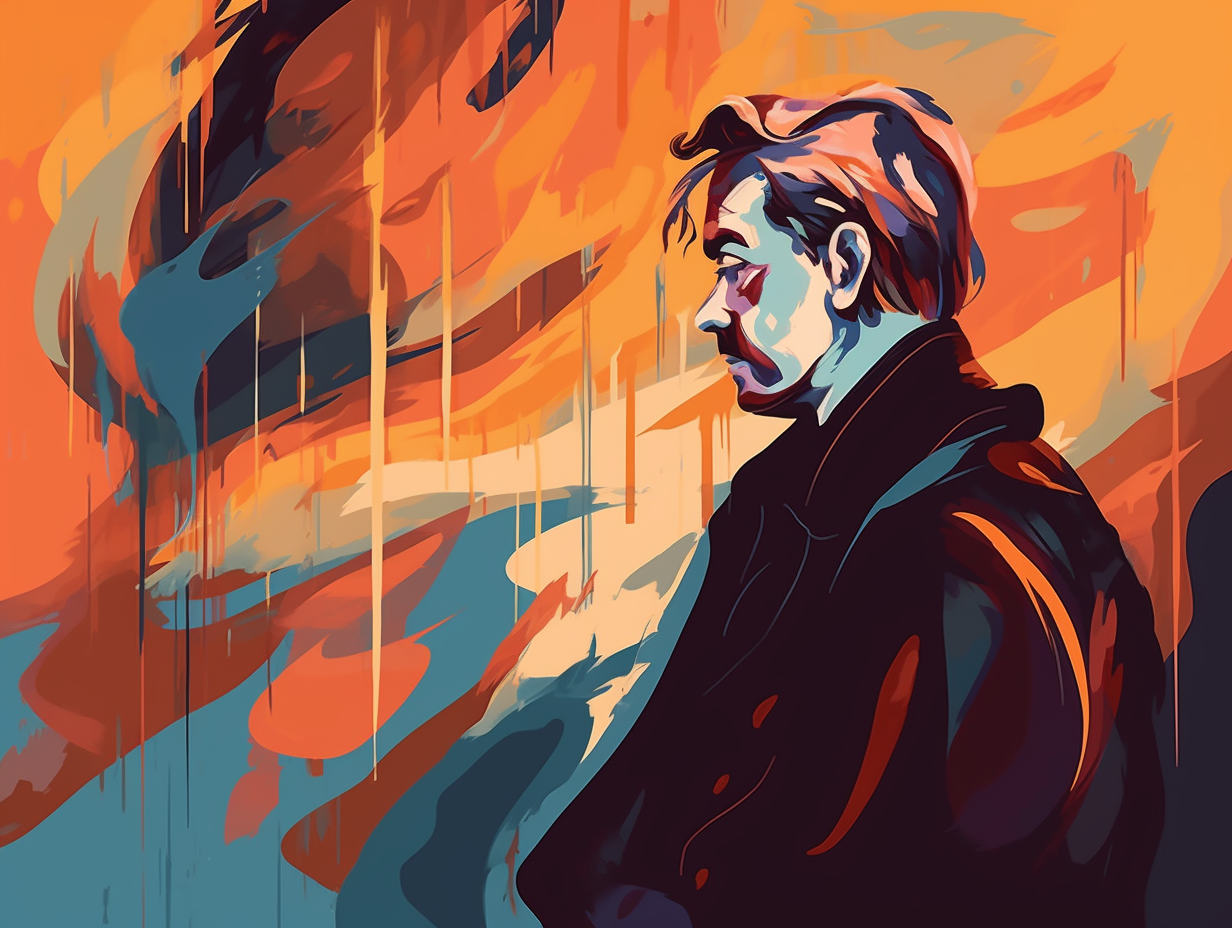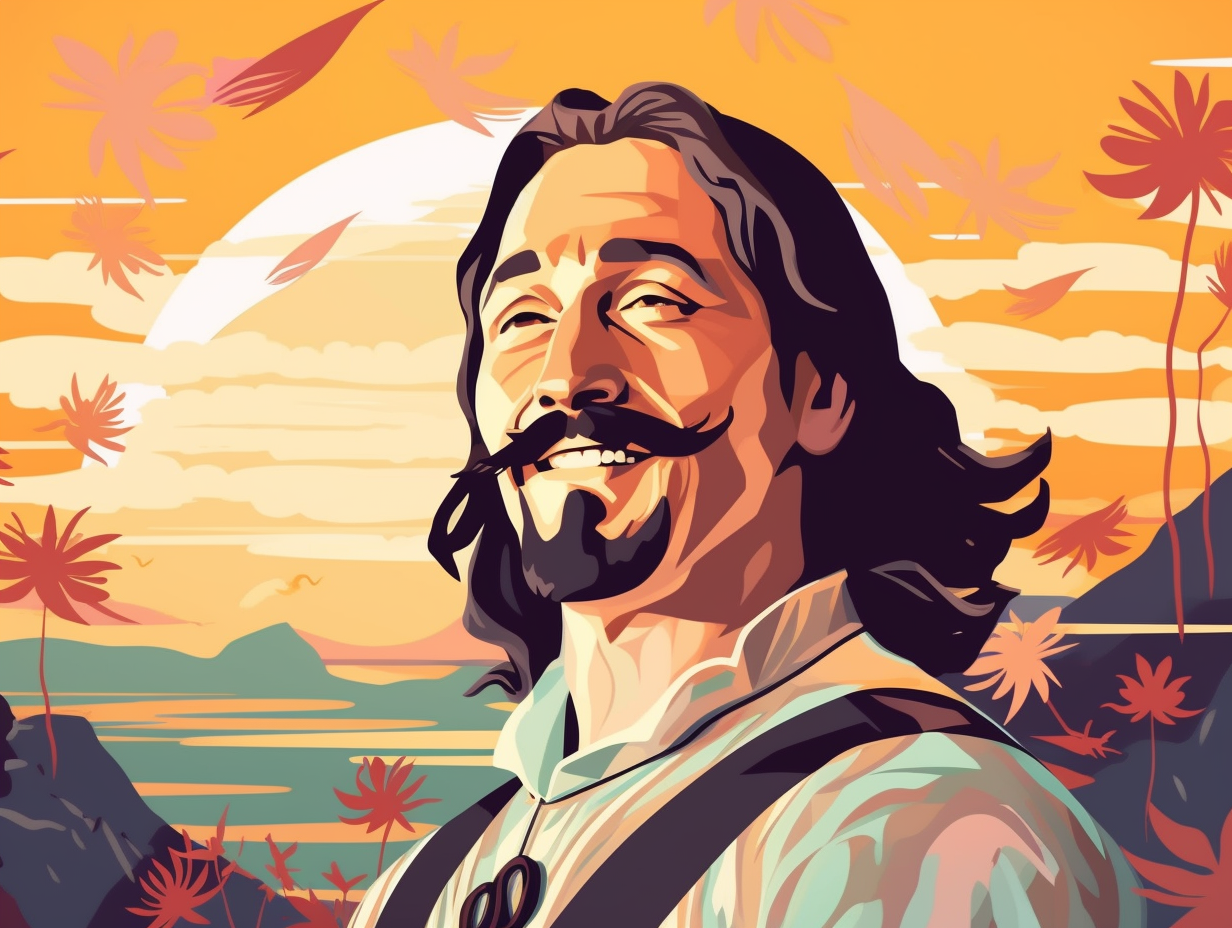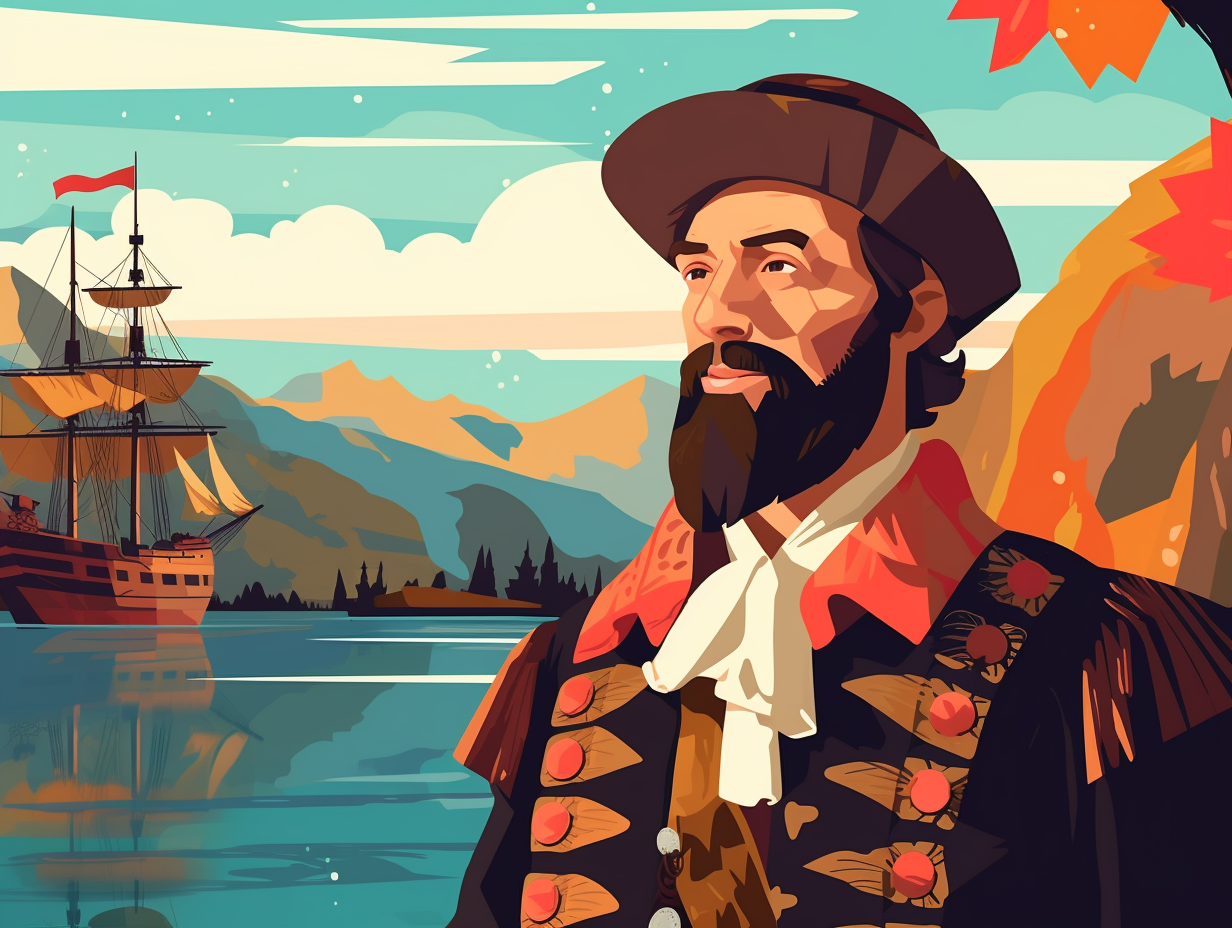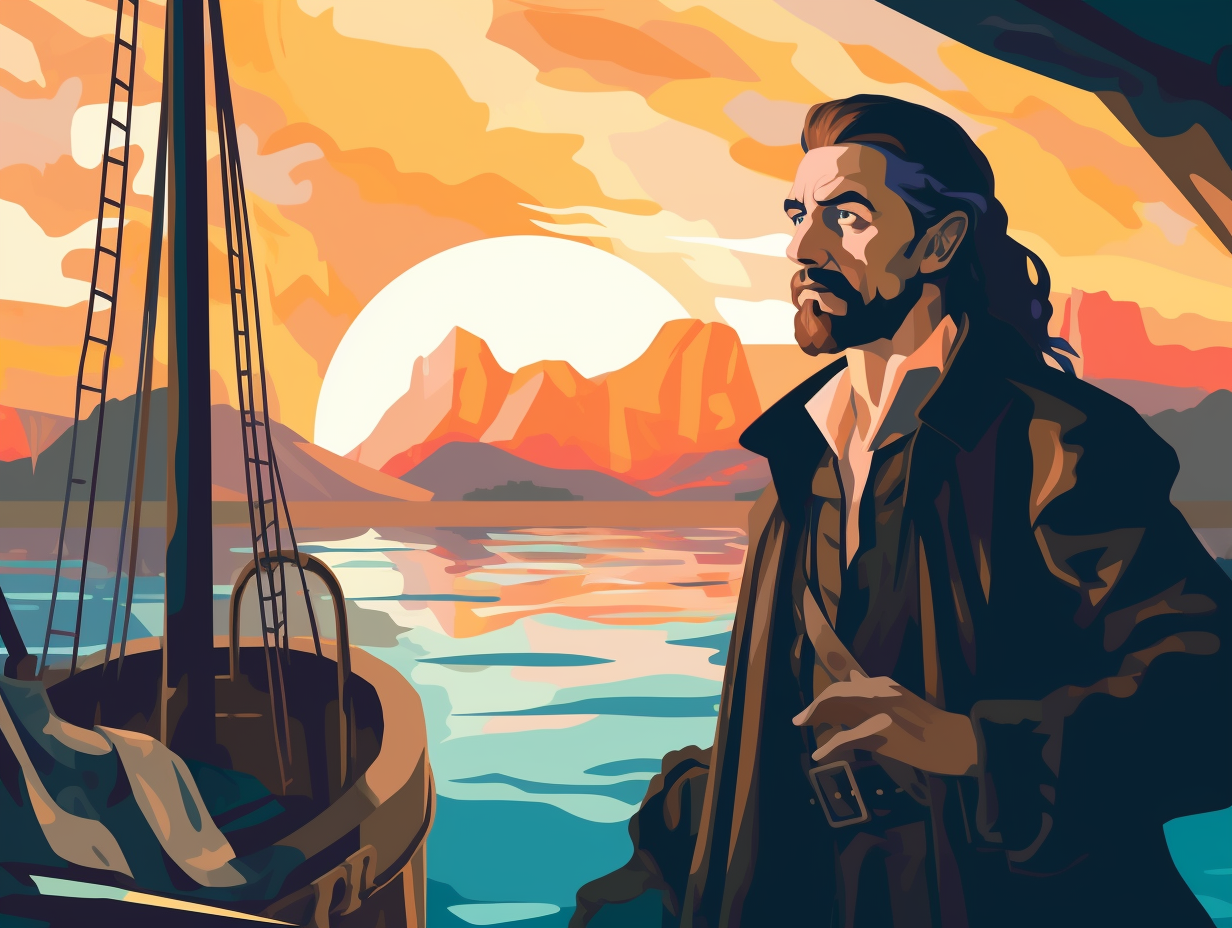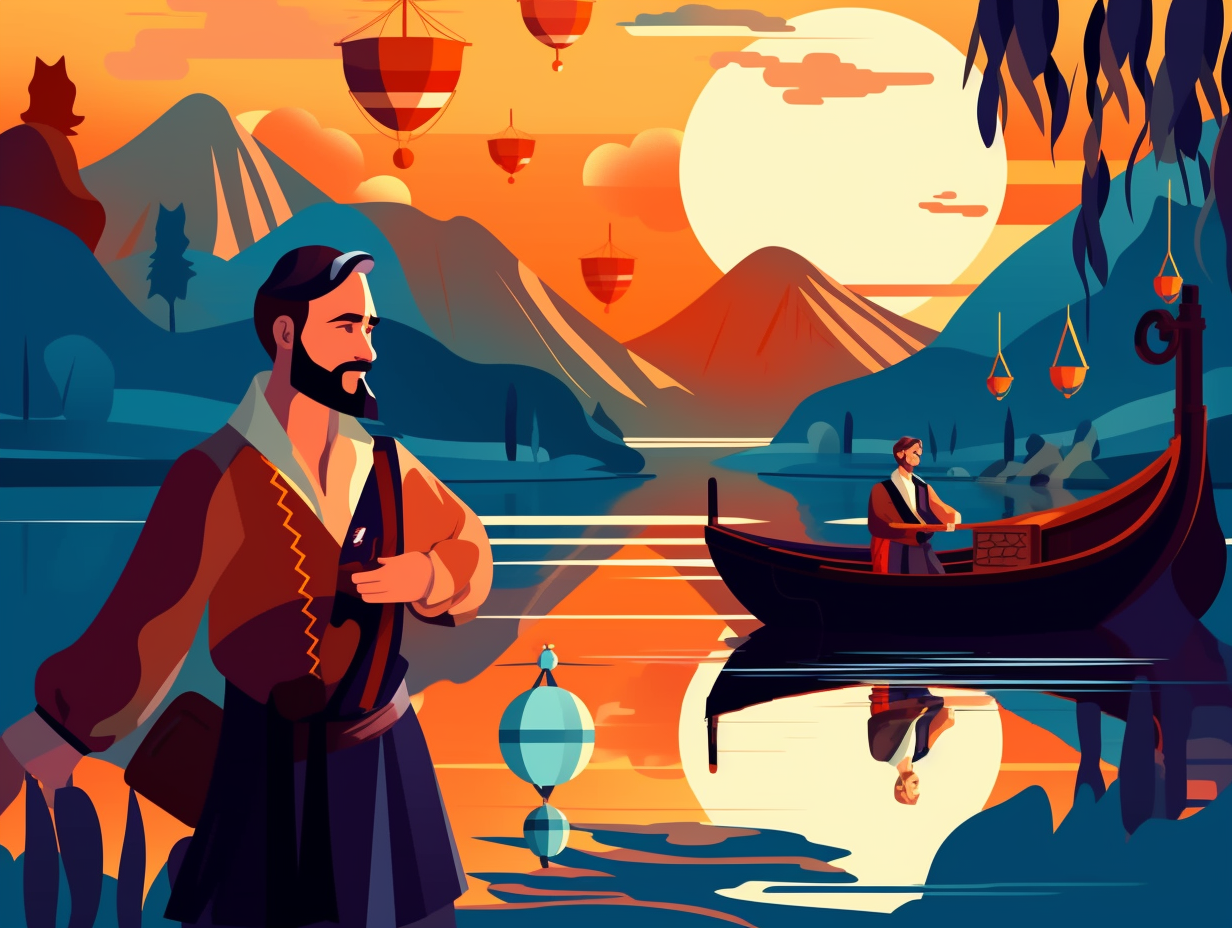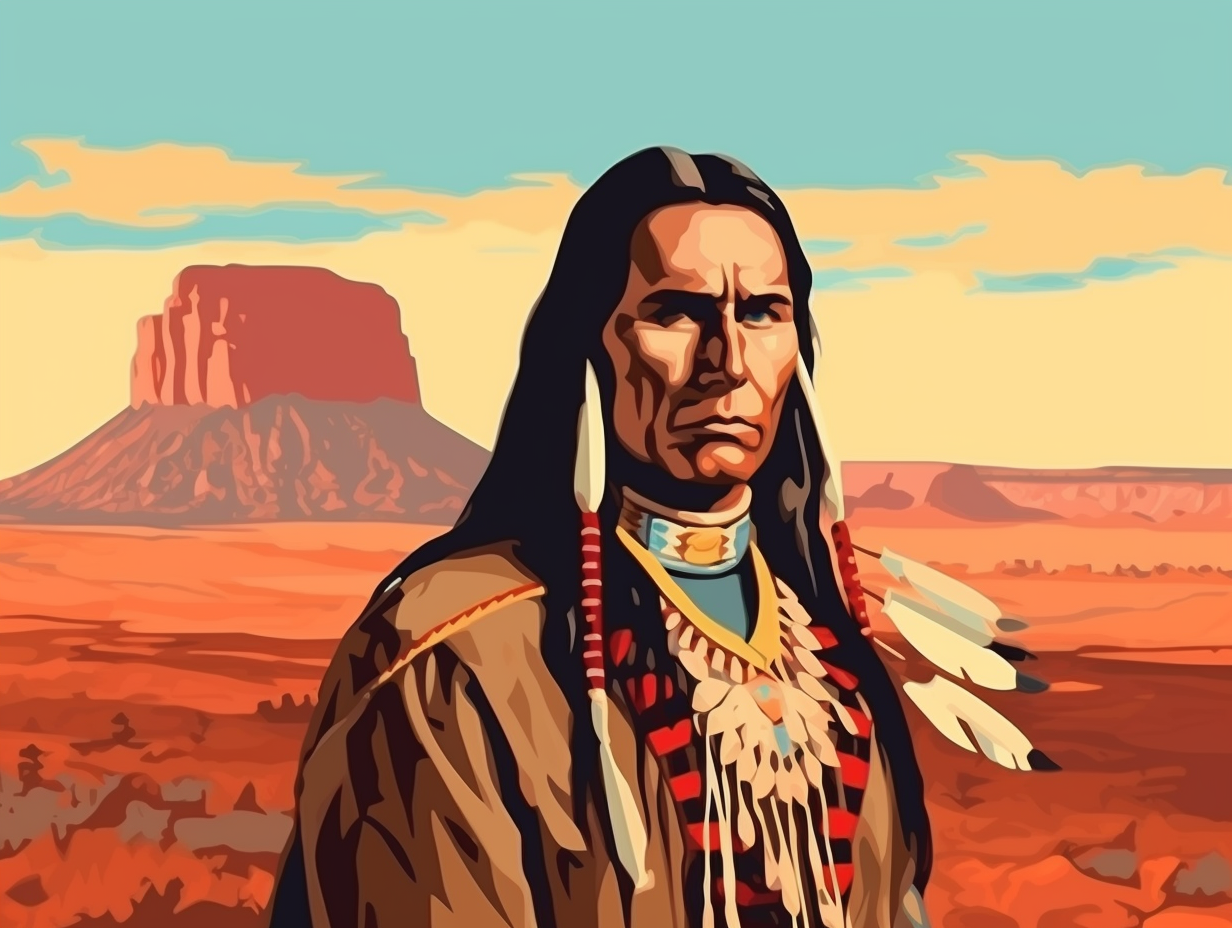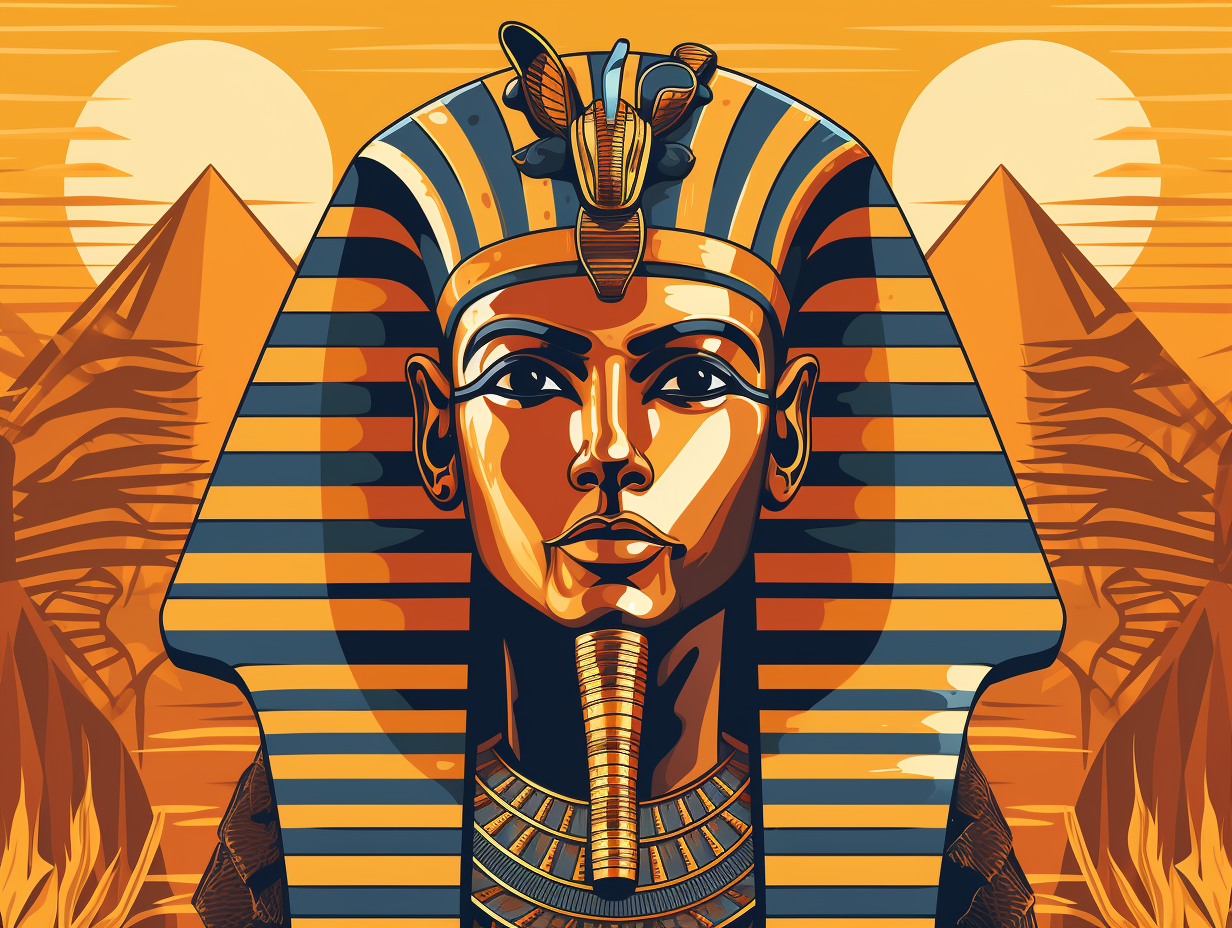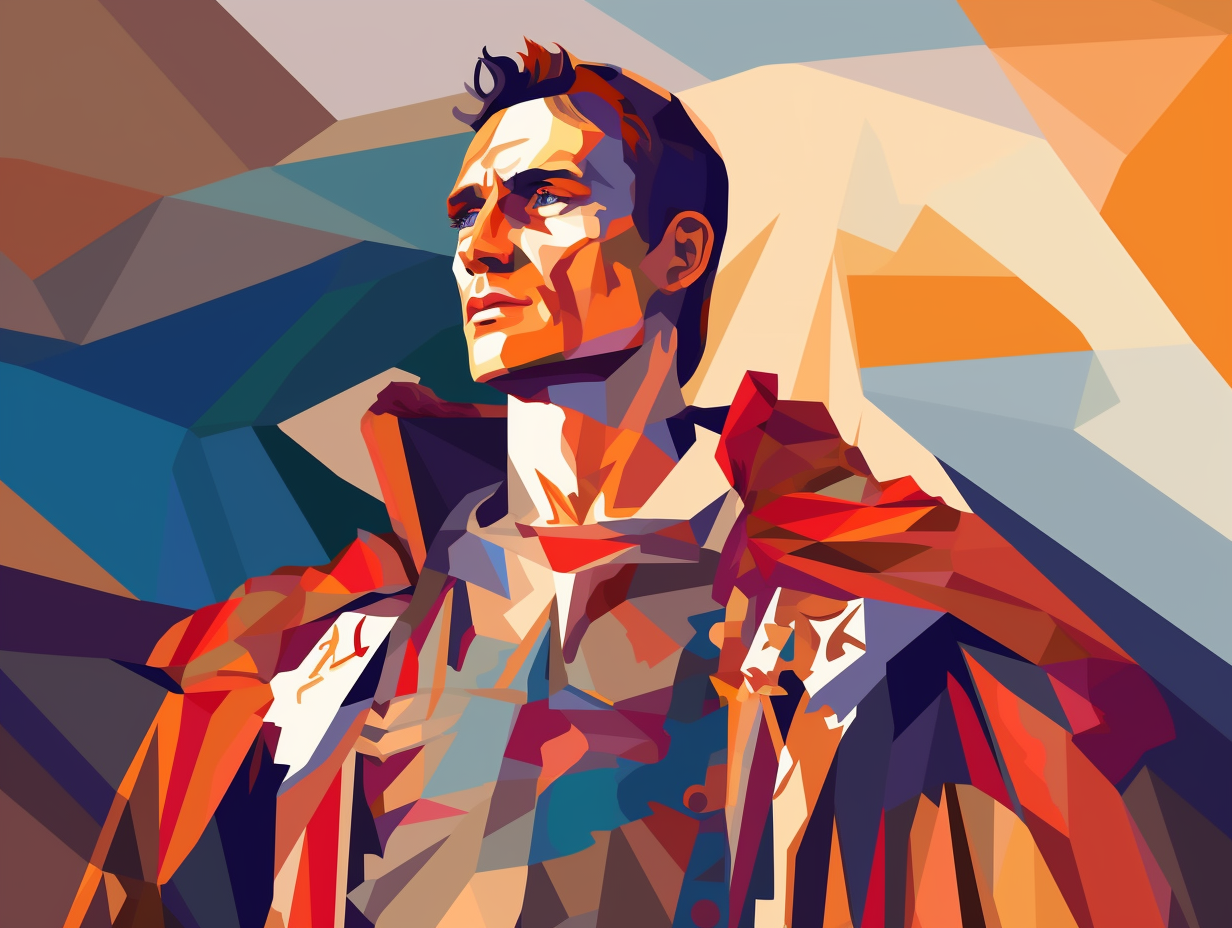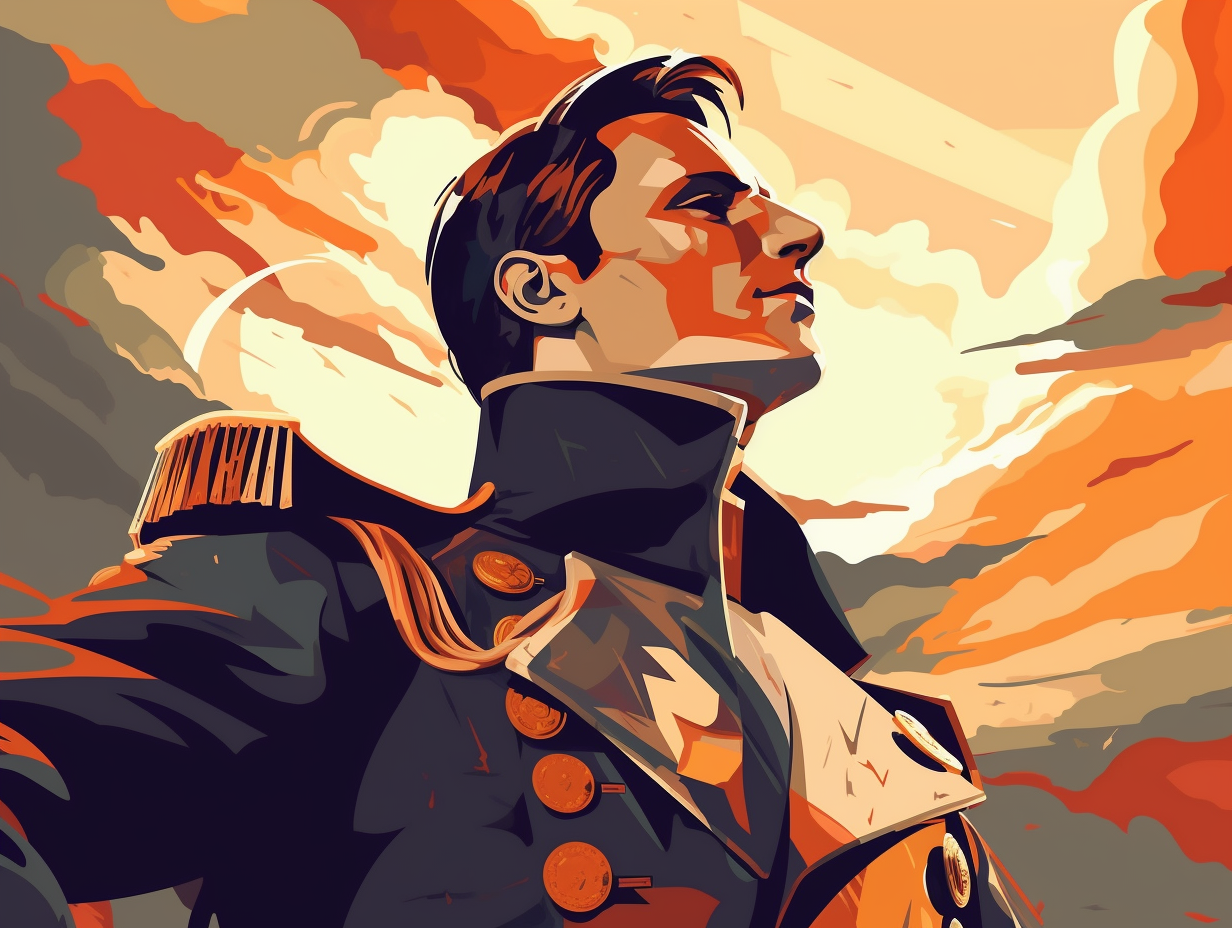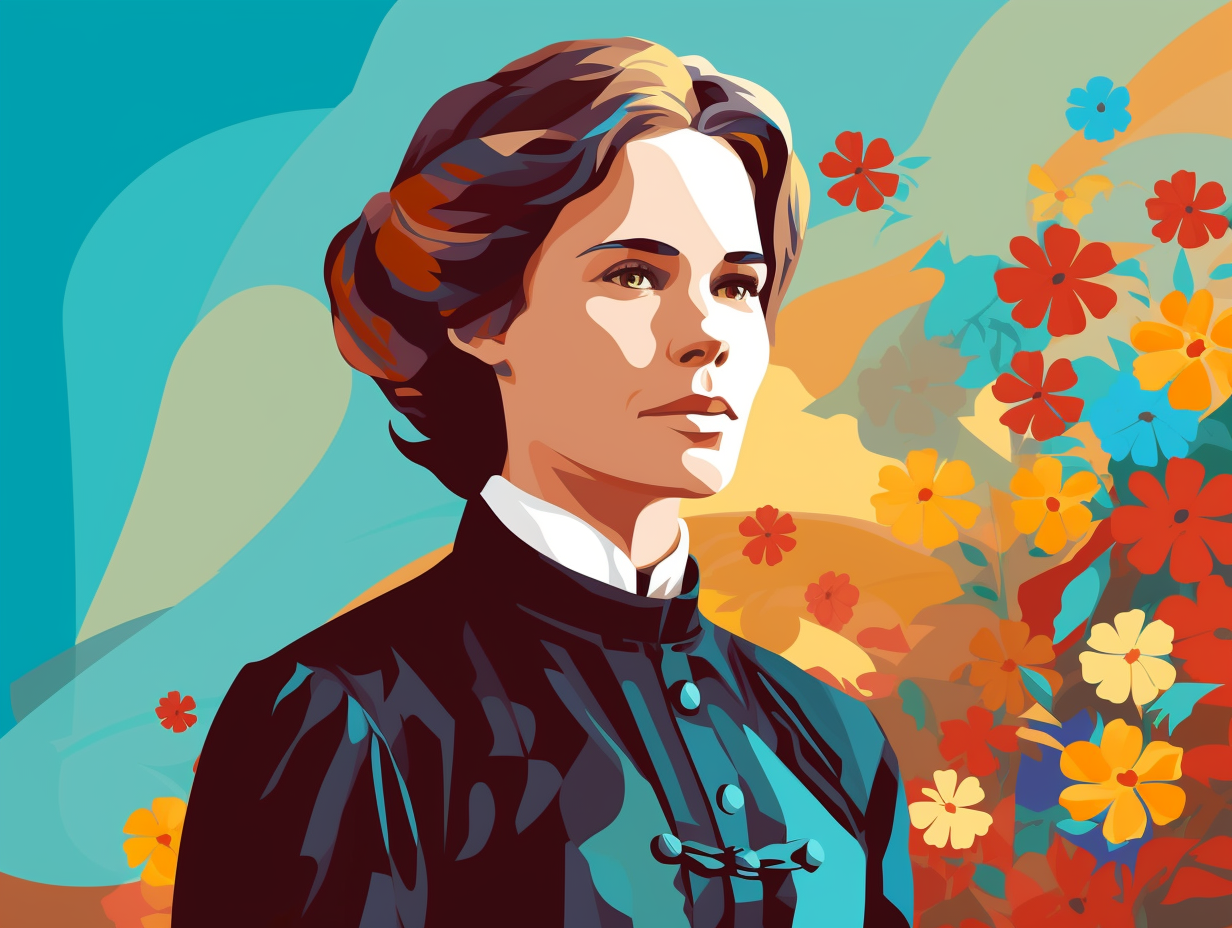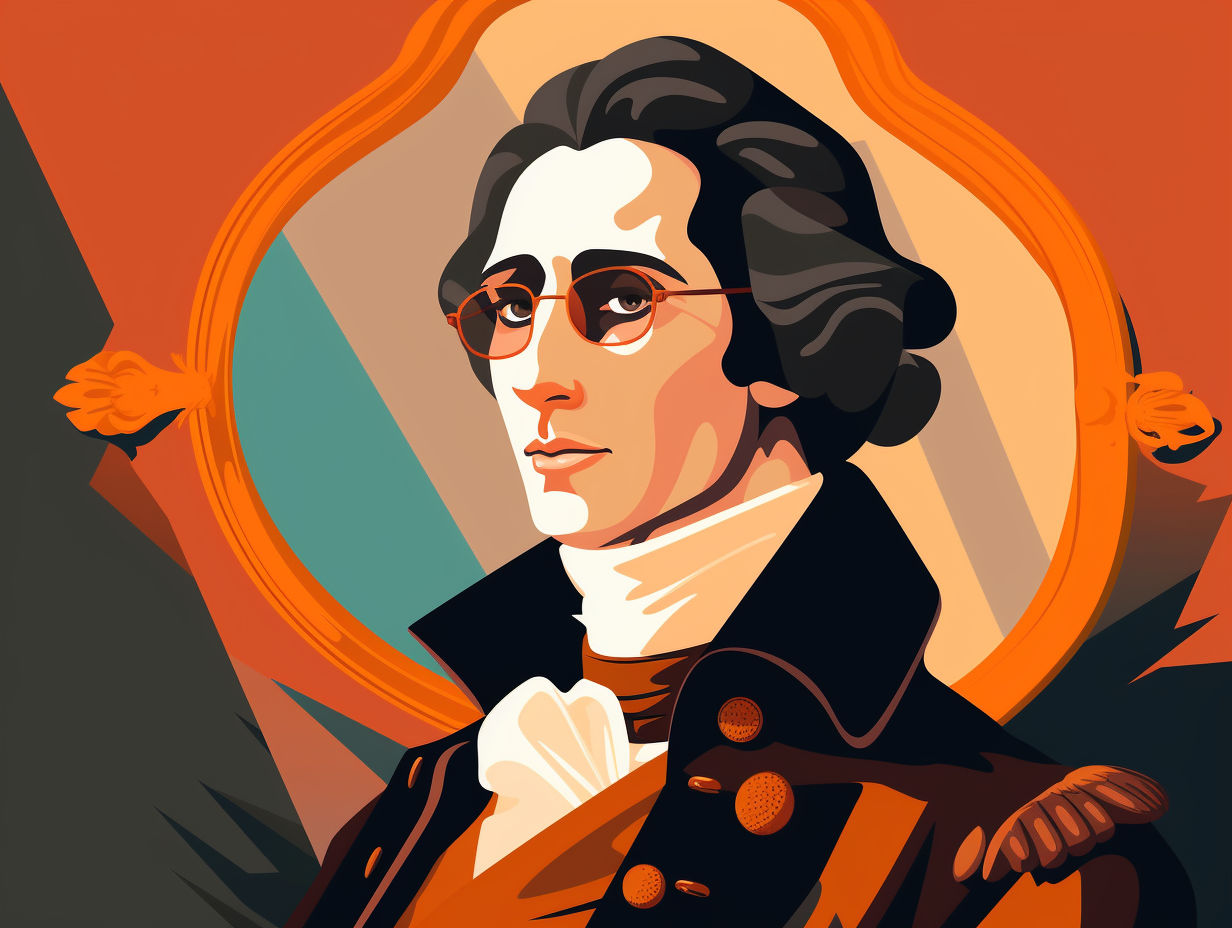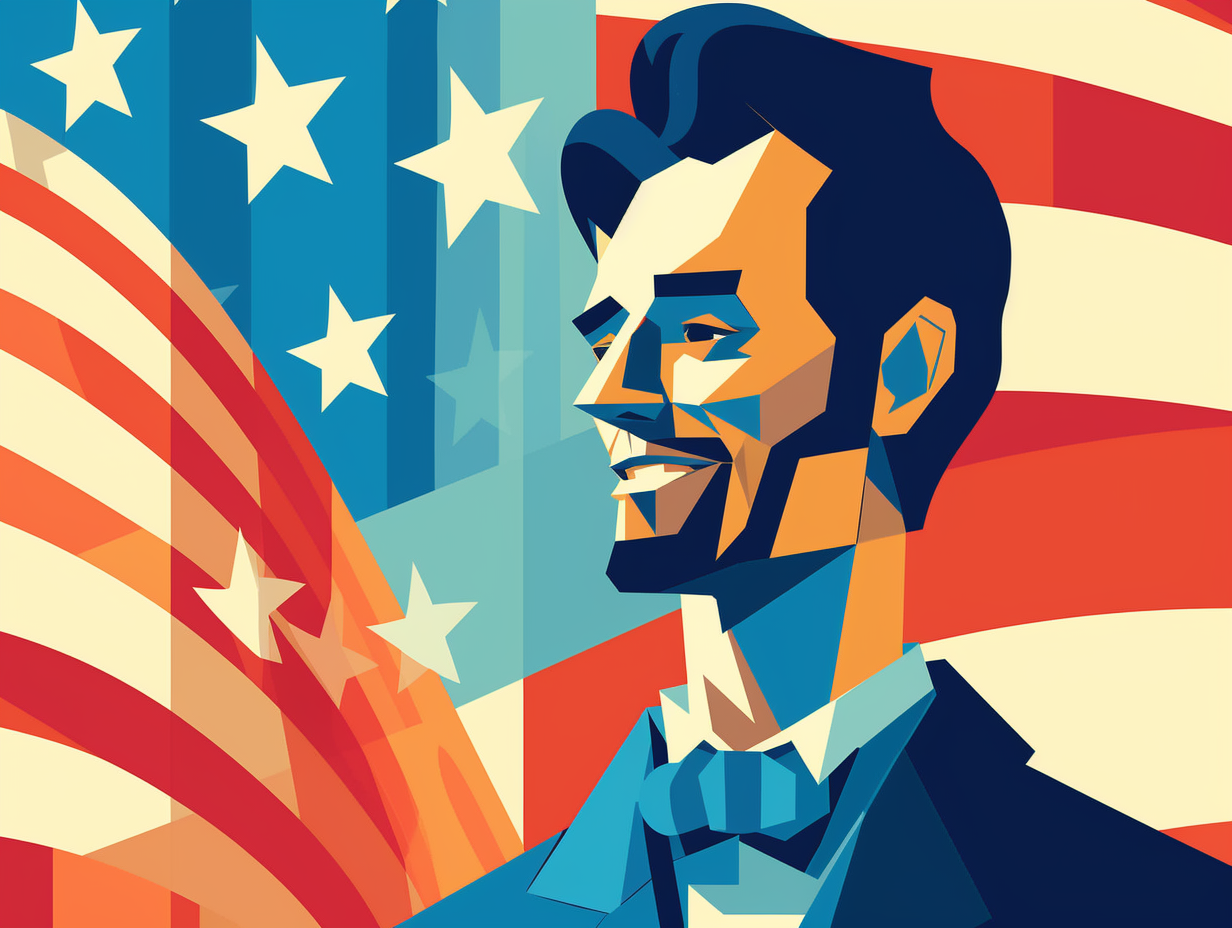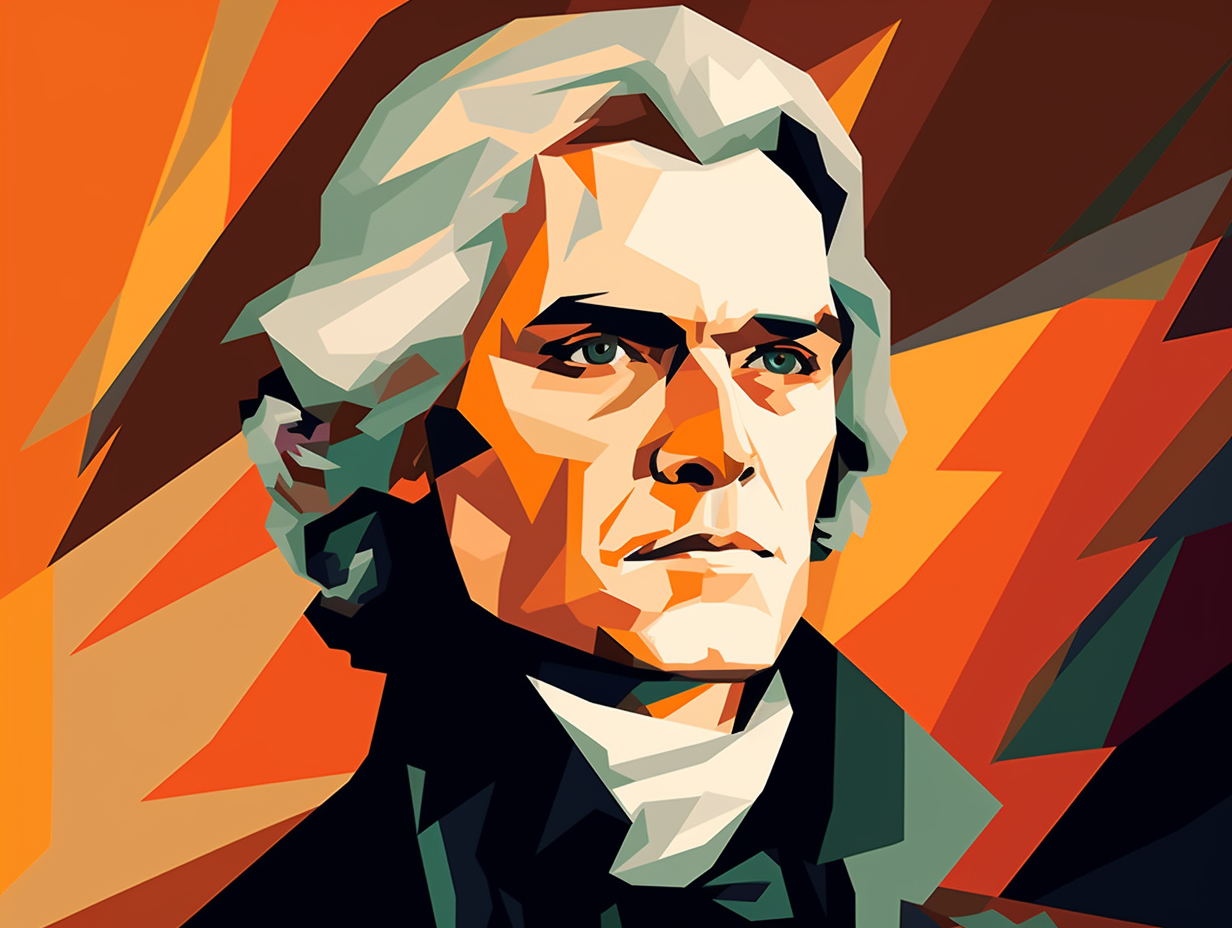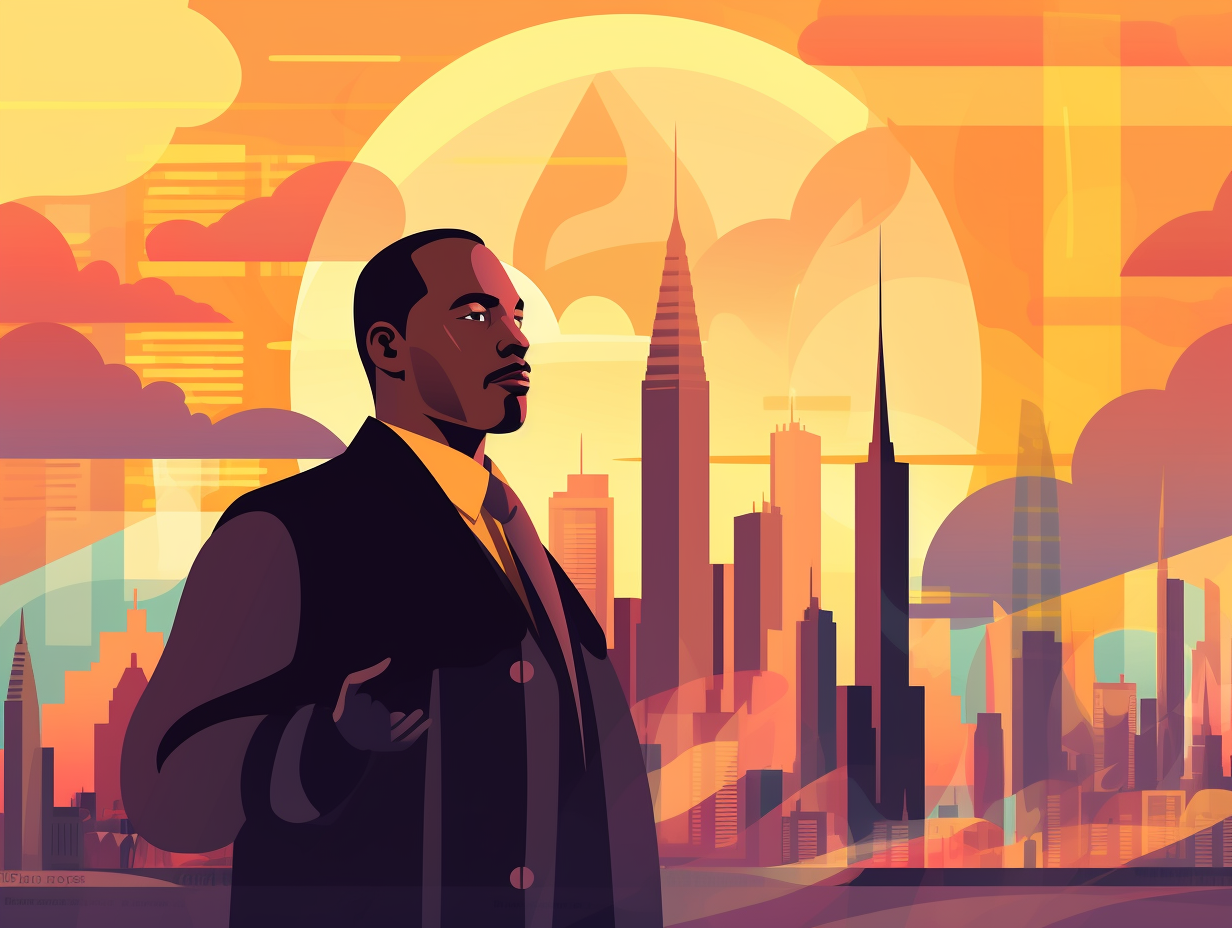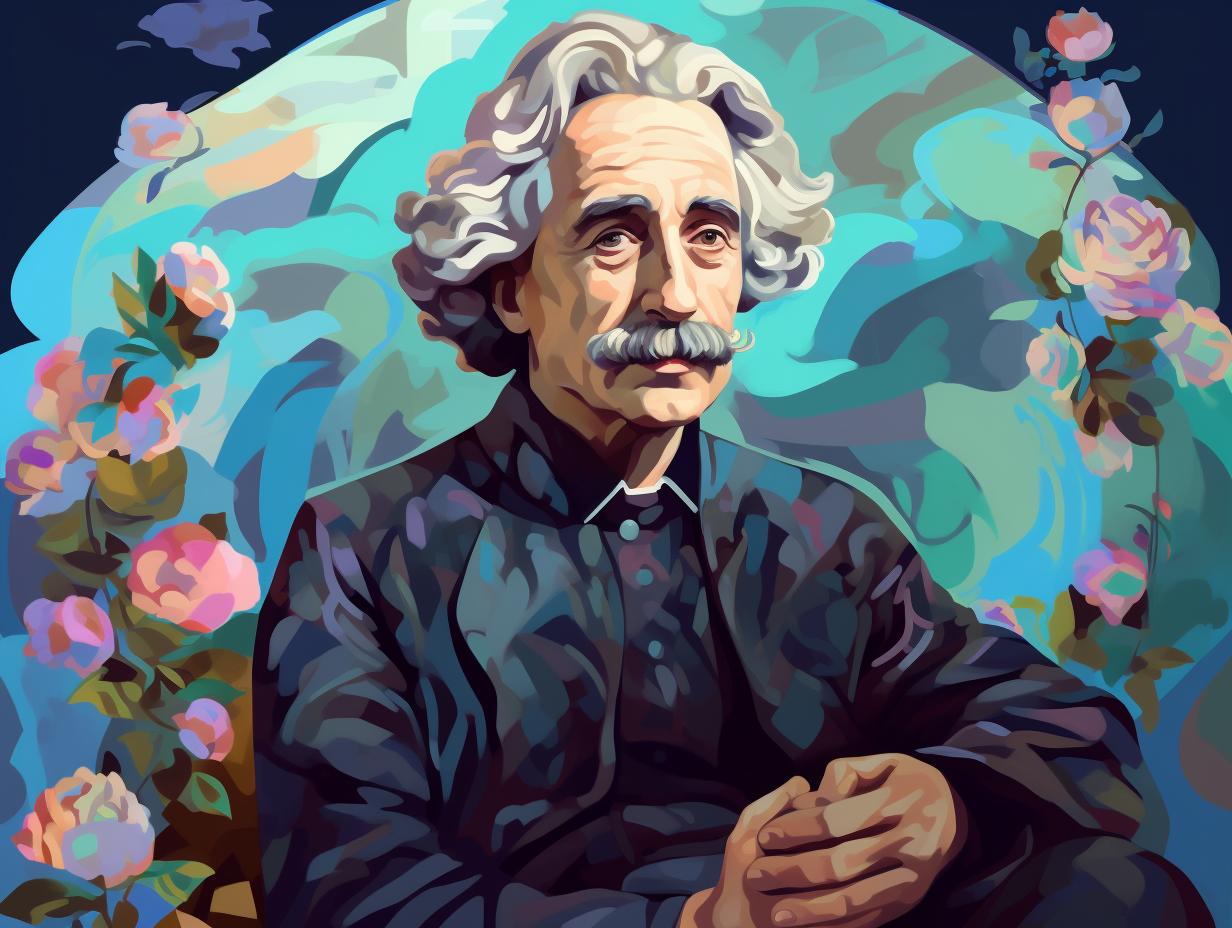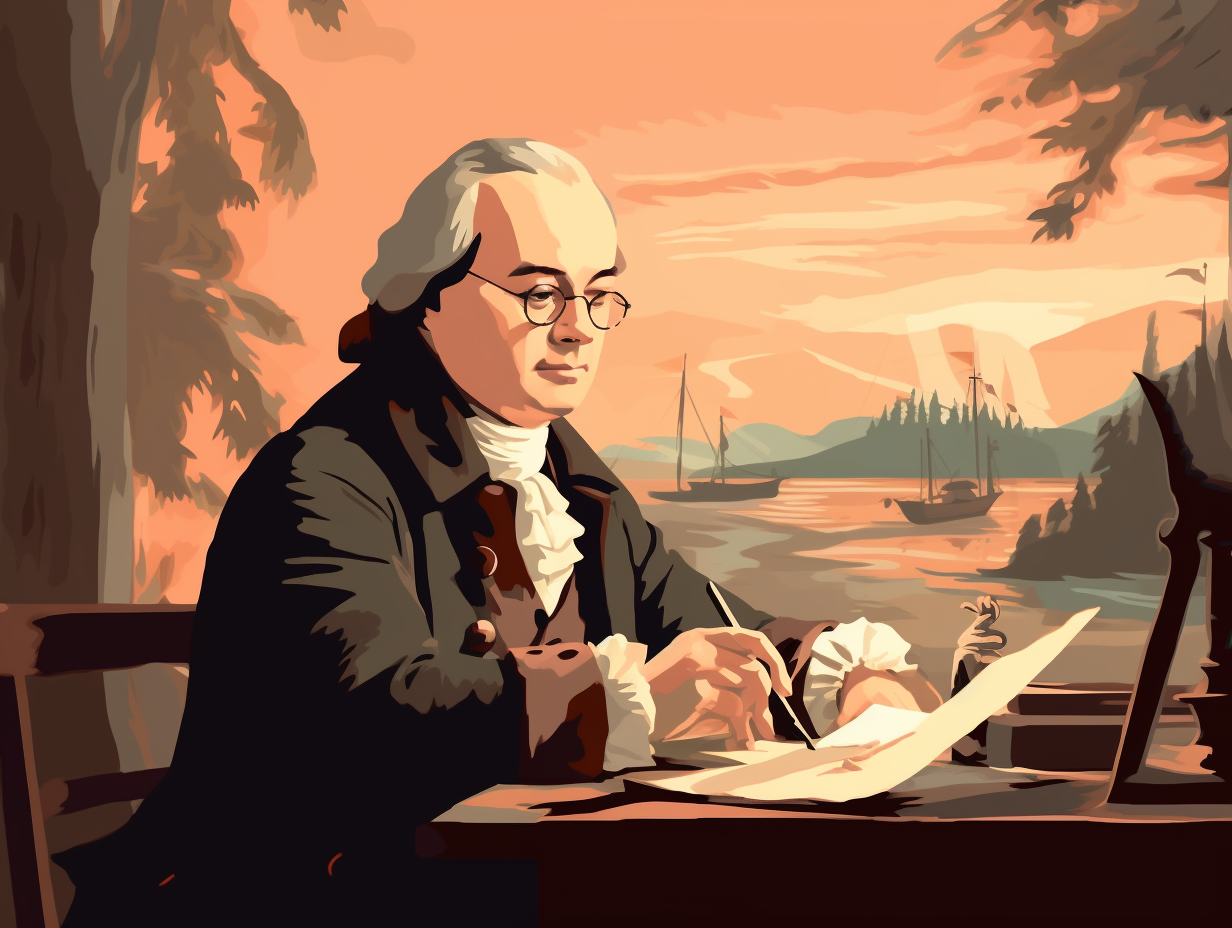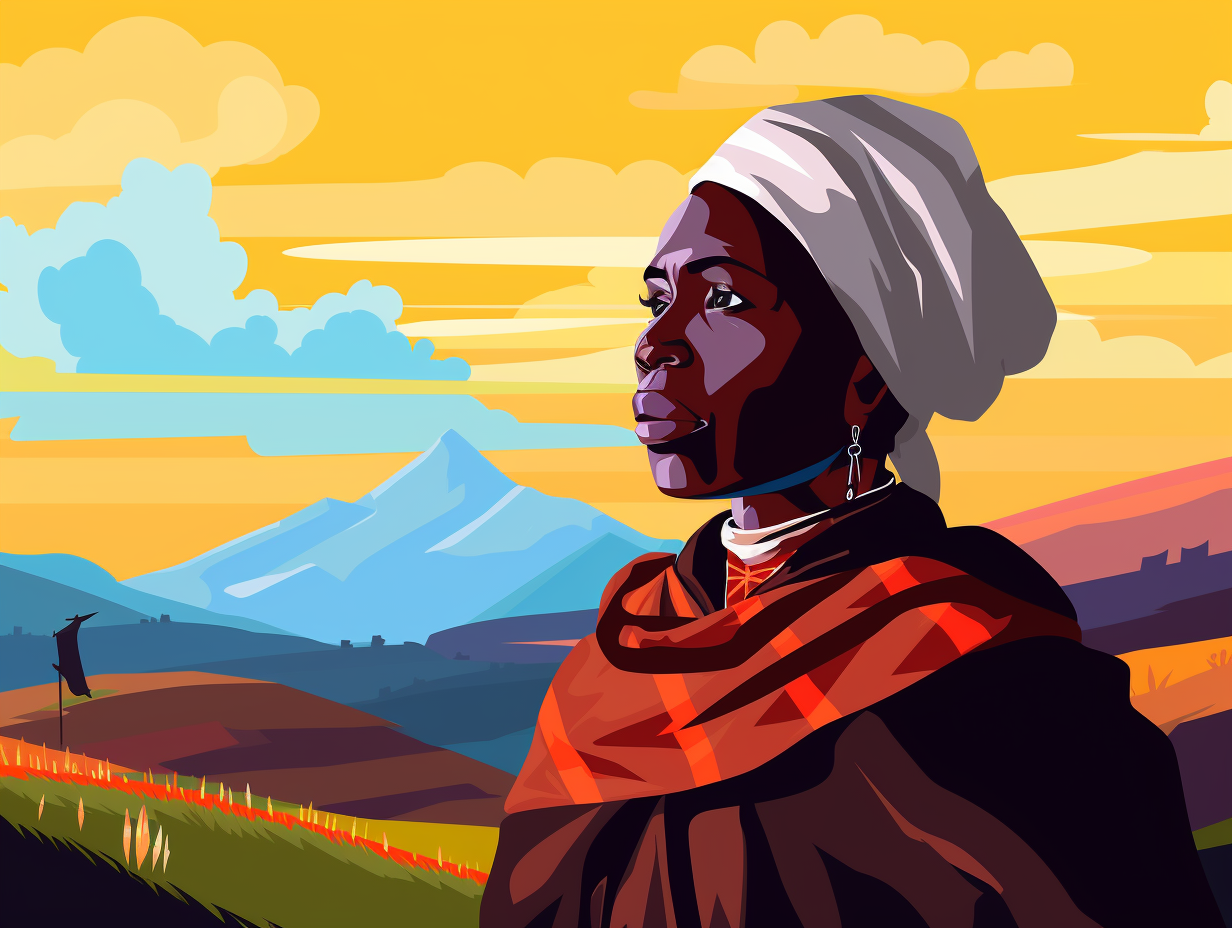Discover the Uncharted: Top 12 Astonishing Fun Facts about Prince Henry the Navigator
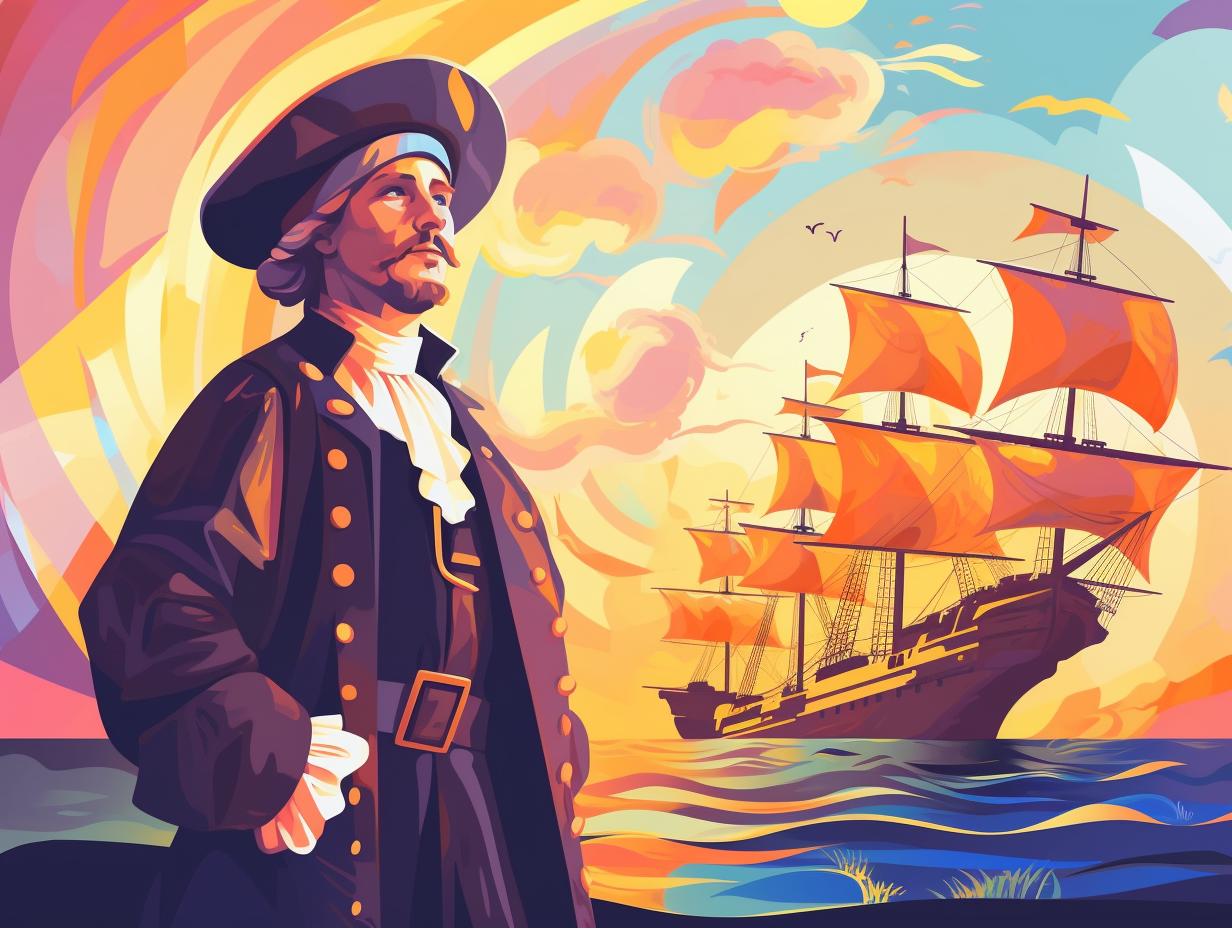
1. Prince Henry the Carto-grapher
Before there was Google Maps, there was Prince Henry the Carto-grapher: This maritime mastermind led a team of designers and experts to develop the caravel, a sail-anywhere ship, intertwine new navigation methods, and create innovative maps – but not the first– to further Portugal's exploration of the Atlantic and African coasts.
Source => worldhistory.org
2. No Sponsorships Here
Before you go sliding into his royal DMs for that hefty sponsorship money, think again: Prince Henry the Navigator, while an avid patron of maritime exploration and ship technology, never actually sponsored individual influencers during his time.
Source => worldhistory.org
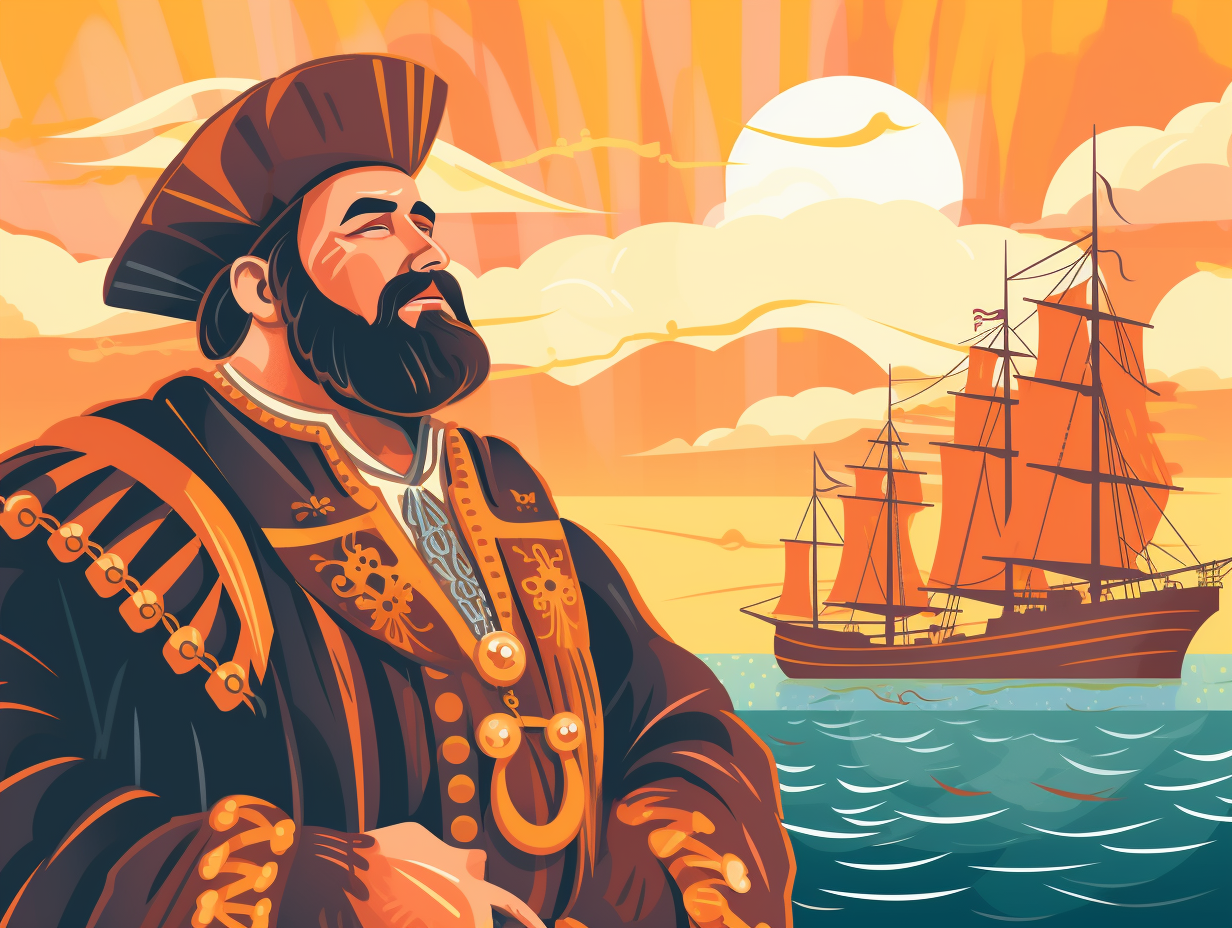
Did you know Vasco da Gama's voyage to India led to the discovery of dazzling rubies, emeralds, and porcelain? Find out how this explorer had an eye for both adventure and elegance! 💎⚓
=> Fun Facts about Vasco-Da-Gama
3. Ahoy to a Nautical Town
Who knew that the prince and his trusty band of navigators could quite literally put themselves on the map, while schooling the rest of the world? This ancient compass-wielding royal and his nautical natterers got their own town, infused with their heady knowledge of seafaring and salt in their veins. They put the "ahoy" in "ahoy, matey!" and were the original creators of the "X" in "X marks the spot": Prince Henry the Navigator established Vila do Infante, or the Prince's Town, on the extreme southwest coast at Cape St. Vincent, which became a hub for nautical knowledge, and contributed significantly to the advancements in nautical sciences, shaping the age of exploration.
Source => en.wikipedia.org
4. Slavery Instead of Beans
While beans may not have sparked Prince Henry's magical voyage, humans surely did: Turns out, Prince Henry the Navigator's desire to spread Christianity and expand Portugal's wealth led to the establishment of trade with West Africa, primarily in the form of enslaved individuals instead of beans.
Source => nationalgeographic.org
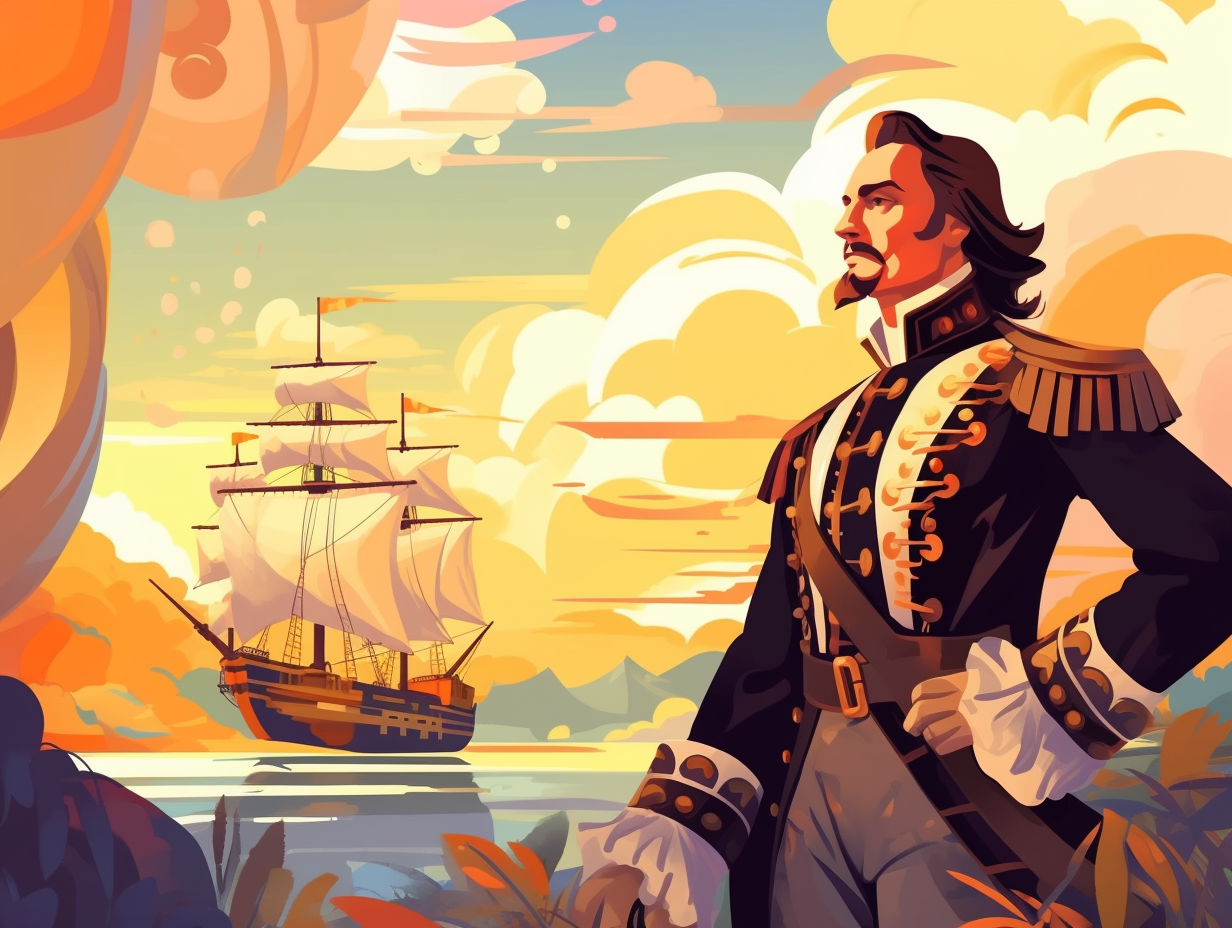
5. Stay-at-Home-Cartographer
Who needs to sail the seven seas when you're the navigator-in-chief? Prince Henry the Navigator was more of a stay-at-home-cartographer kind of royal: Despite not setting sail himself, he revolutionized navigation by founding a school in Sagres, Portugal and employing the brightest minds in cartography, shipbuilding, and instrument making, ultimately pushing Portuguese sailors to explore farther down the African coast.
Source => biography.com
6. Quest for a Non-Existent Empire
Once upon a time, in a quest to one-up his pals, Prince Henry the Navigator went on an epic adventure for a non-existent legendary Christian empire, thinking he'd make a killing in the real estate business: Although his primary motivation was actually to defeat Muslim lands and locate the mythical priest-king Prester-John, Prince Henry inadvertently established a navigation school in Sagres, Portugal in 1419, which trained navigators in vital map-making and scientific techniques, eventually paving the way for finding the sea route to the Indies and transforming Portugal into a leading maritime power.
Source => mrnussbaum.com
7. Prince Henry's Life-Changing Circles
If you ever feel like you're wandering aimlessly through life, just remember that Prince Henry the Navigator once had us all sailing in circles – or rather, around the world: This pivotal Portuguese figure revolutionized mapmaking and designed a ship specifically for exploring rough seas, leading to many groundbreaking discoveries. Additionally, he established a naval observatory for teaching navigation, astronomy, and cartography around 1450, cementing his legacy as a scientific and exploration enthusiast.
Source => geo.libretexts.org
8. The Armchair Adventurer
While the name "Henry the Navigator" conjures images of a seafaring Bill Nye–exploring uncharted waters, setting sextants ablaze with knowledge, and dropping knowledge bombs on the waves–the truth is a tad less adventurous: Prince Henry never embarked on these expeditions himself, instead funding and organizing them from the comfort of his royal chambers, with a team of experts commanding sail on his behalf.
Source => nationalgeographic.org
9. LinkedIn Expert: Maritime Master
If Prince Henry the Navigator had a LinkedIn profile, it'd be no surprise to see "pioneering maritime master" and "gold, spice, and slave trade enthusiast" in his skillset: This 15th century Portuguese prince funded numerous expeditions down Africa's western coast while popularizing the caravel - a nimble sailing ship that made exploring treacherous waters a breeze.
Source => history.com
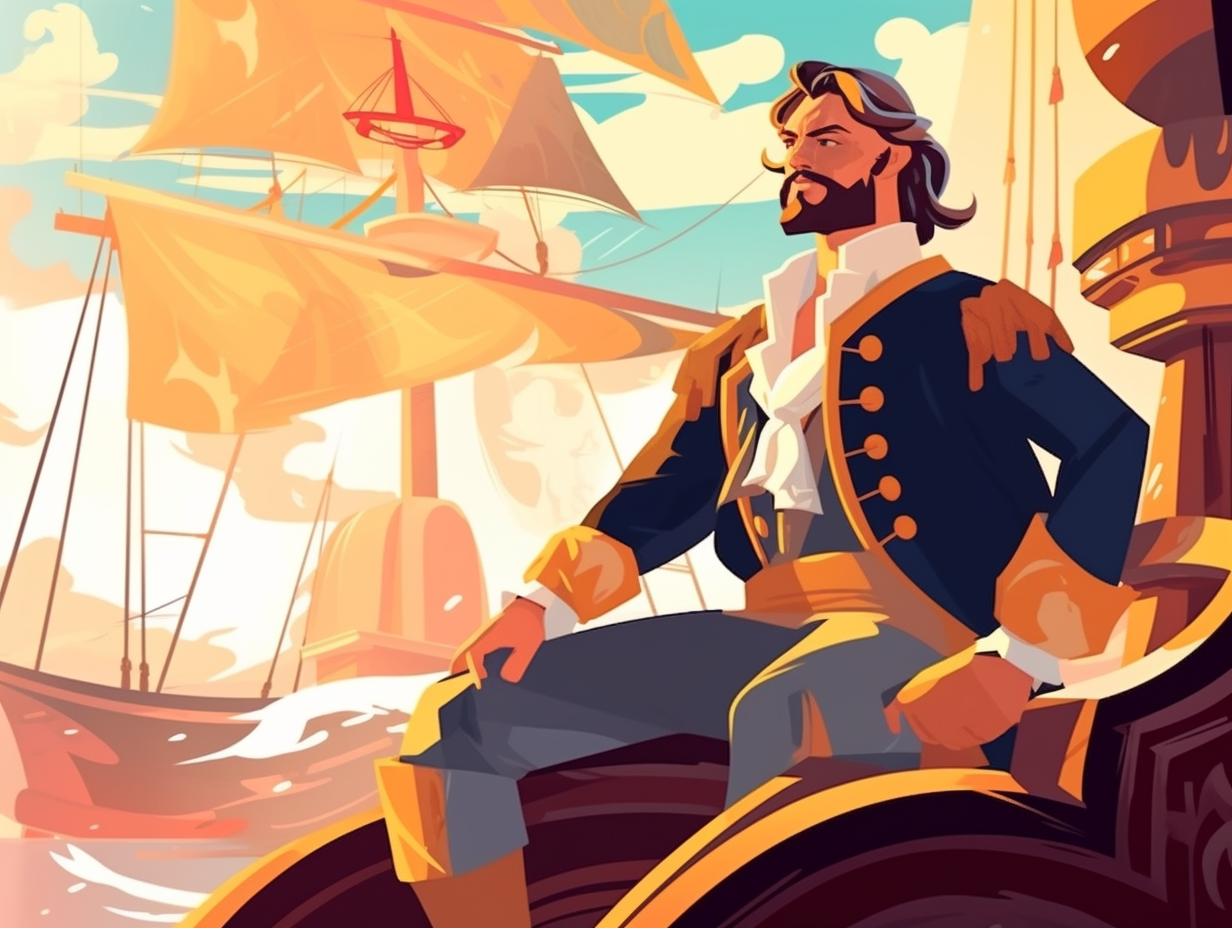
10. School of Sails: Hogwarts for Navigators
Ahoy, fellow adventurers! Set sail for the School of Sails: a powerful training ground for seafaring enthusiasts led by none other than the maritime maestro, Prince Henry the Navigator. This legendary institution served as the Hogwarts for explorers, if you will: Prince Henry's school of navigation was instrumental in forging Portugal's maritime prowess and ushering in a new era of exploration, training legendary navigators such as Gil Eanes and Diogo Cão - although rumor has it, even his magic touch couldn't conjure up Vasco da Gama or Christopher Columbus, both of whom arrived fashionably late after the Prince's departure from this mortal coil.
Source => mrnussbaum.com
11. Monopoly on the African Coast
Fumbling his way to a Monopoly victory, Prince Henry the Navigator seemed to have an uncanny knack for colonizing the coast of Africa much like your over-competitive sibling at family game night: By initiating several maritime expeditions, Henry not only expanded Portuguese trade routes but also laid the groundwork for Portugal's powerful colonial empire during the 15th century.
Source => en.wikipedia.org
12. Sea Legs Not Required
Don't judge a navigator by his sea legs: Prince Henry the "Navigator" never actually set foot on a seafaring expedition! Instead, he made waves ashore by establishing a school for navigation in Sagres, Portugal, bringing together leading cartographers, shipbuilders, and instrument makers of his time to reshape the science of navigation and cartography.
Source => biography.com
Related Fun Facts


